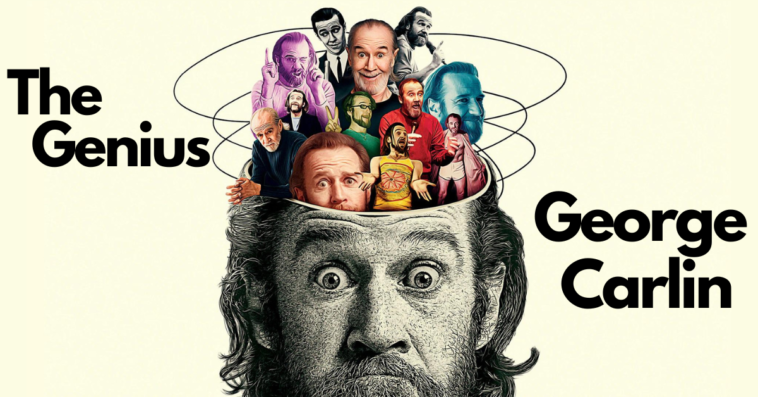In the late 1960s, a cultural shift propelled George Carlin to the forefront of stand-up comedy. His fearless approach and radical material not only challenged societal norms but also played a crucial role in transforming the landscape of American comedy.
The Transformation
Initially a mainstream performer known for parodying commercials and fast-talking DJs, Carlin reinvented himself amidst the countercultural wave. Shedding his clean-cut image, he embraced long hair and beard, tackling controversial topics like drugs, Vietnam, and societal attitudes towards language and sex. His evolution sparked controversy, resulting in bans and clashes with conservative audiences.
Language and Society
Carlin’s most famous routine involved the “seven words you can never say on television,” which not only shocked audiences but also led to a Supreme Court case. His intent was not just to provoke but to question society’s irrational fear of language. Fuzzy language, euphemisms, and oxymorons were constant targets in Carlin’s comedic arsenal.
Career Peaks and Valleys
In the 1970s, Carlin achieved immense success, selling out college concerts and releasing best-selling records. Despite struggles with drug addiction affecting his health and creativity, he revived his career in the early ’80s after kicking the habit. Carlin continued to evolve, blending observational humor with harder-edged political material.
Legacy and Influence
Carlin’s impact extended beyond the comedy world. As a top-drawing comedian for over 40 years, he paved the way for others, influencing comics like Lewis Black and Jerry Seinfeld. Carlin’s ability to tackle sensitive social issues and trivial everyday annoyances demonstrated that nothing was off-limits for smart comedy, solidifying stand-up’s central role in American culture. Despite his dark later years, Carlin’s career remains a testament to the enduring power of comedic genius.




